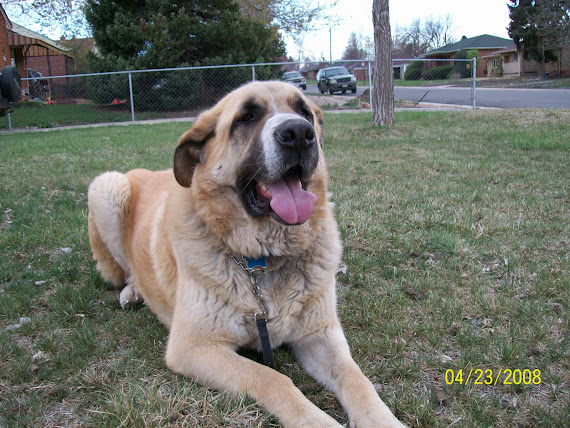Inmates Try Their Hand At Shrimp Farming
Sierra Vista Journal
CANON CITY, Colo. (AP) — Colorado Correctional Industries managers are hoping it doesn’t take a big product to yield big profits as the inmate work program delves into its newest venture of growing shrimp.
A test batch of 30,000 shrimp is in its third month of growth in a converted greenhouse at Arrowhead Correctional Center, a minimum-restricted security prison which also houses a tilapia fish operation and a floral greenhouse operation.
The Pacific white shrimp came from a South Florida production hatchery. When they arrived in late July, the shrimp were barely visible.
“When we got them, all you could see was a little pair of eyes,” said Ed McConnell, an inmate working with the shrimp. “It has been a really nice thing watching them grow.”
For a prison-industry business that runs everything from a furniture factory to metal and fiberglass shops and cow and goat dairies, managers are constantly “trying to figure out what we can do” to put inmates to work, said Jim Heaston, agribusiness operations manager. “I said, ‘Let’s try crawdads’ and Dave (Block, another CCI manager) said, ‘Let’s try shrimp,’” Heaston said.
Thanks to independent contractor Pat Foley, who has been helping with the tilapia fish operation, the managers already knew a shrimp expert who has raised the crustaceans from Malaysia to Hawaii.
Foley recommended the inmates grow Pacific white shrimp because they are hardy and more disease resistant than their cousin crustaceans, the Pacific blue shrimp.
In a carefully controlled tank lined with black plastic and with a water temperature between 82 and 86 degrees, the shrimp have been eating and growing.




No comments:
Post a Comment